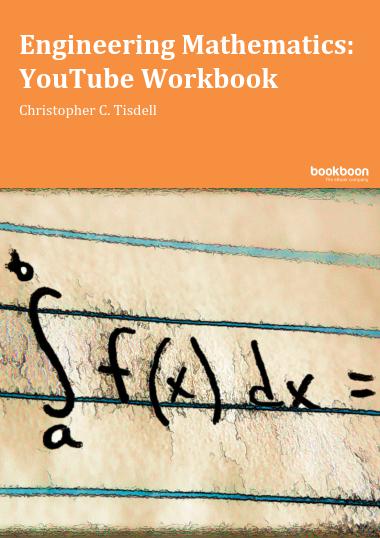7 tips on how to prepare for examinations

Do exams make you nervous? Are you worried about failing or under-performing? It doesn’t need to be this way.
As an aspiring global educator, students from all around the world regularly ask me about what I believe are the most effective study habits. The following 7 tips have been designed for you to SUCCEED when studying for examinations.
1) Spend time everyday working on the subject matter
Devoting time periods each day for study means that frequent learning advancements will occur organically. Learning almost any subject (engineering, mathematics, economics, psychology) can be compared to learning languages – if you don’t regularly “use” it, then you’ll lose it. Spending regular time reading, writing, thinking and researching each day will also get you into good organisational habits.
2) Understand via questioning
When revising material, ask yourself questions that facilitate understanding. For example, if you are reading a section within a book, then ask yourself: “What are the main points / ideas of this section?”; “What is the author trying to tell me?”; “Why does the conclusion follow from the premise?” This will develop critical reasoning and enable you to summarise the section in your own words and style.
3) Concentrate for no longer than 50 minutes
Giving yourself regular breaks is an essential part of effective studying, as a break will freshen the mind and relieve stress. My advice is to study for no longer than 50 minutes before taking a 10 minute break. The break might involve a drink or snack to keep your energy up.
4) Consider simple cases first
Many people learn a new idea most effectively by starting with simple and introductory examples, rather than general and abstract theories. Get your confidence up by trying to understand a basic case of a more general idea. By moving from the simple to the more abstract, you’ll master different levels of knowledge and detail, logically progressing to comprehending the ideas deeply.
5) Examine past test papers
If a subject’s syllabus does not change much from year to year, then it is a good idea to locate past test papers for the subject and to study them carefully. Complete as many as you can. What kinds of questions have been asked in previous years? Not only will this familiarise yourself with subject-matter, but it will also give you a guide on what questions teachers have found important over the years, plus it will inform you on what level of details in answers / solutions are required.
6) Engage with the material to help the learning process
A positive attitude can go a long way to break down mental barriers to learning. Try to stay positive when studying seemingly tedious or dry material. If certain content seems irrelevant or downright boring then ask yourself, or your teacher, how the ideas can be motivated and contextualised.
7) Don’t give up: You can do it!!
If you persevere with sustained and strategic study habits, building confidence along the way, then you’ll SUCCEED in your examinations. You can do it!!
Global educator Dr Chris Tisdell is the best-selling author of “Engineering Mathematics: YouTube Workbook”.
In 2012 his eBook was downloaded over 300,000 times and in 2013 the same title was downloaded almost 400,000 times. This makes his eBook one of the most popular titles on bookboon.com.
Chris is passionate about open education and is driven by the motto: “Everyone deserves access to knowledge on a level playing field.” He is probably best known for his pioneering work of sharing mathematics via YouTube. “Dr Chris Tisdell is the equivalent of a best-selling author or chart-topping musician. And the unlikely subject of this mass popularity? University mathematics.” [Sydney Morning Herald, 2012].
Download his eBook and subscribe to his YouTube channel for free video lessons.




